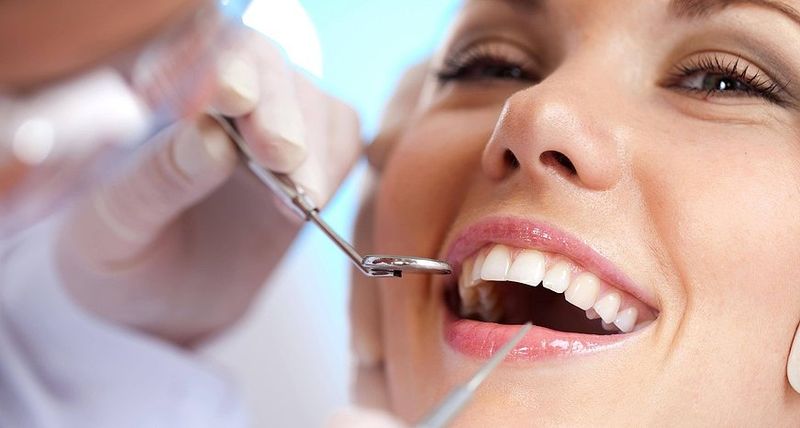Do you have a broken tooth? Or, are you afraid to smile because of a crooked tooth? Teeth bonding might be the appropriate solution. With teeth bonding, the dentist fills resin in a section of a damaged or discolored tooth. This type of cosmetic dentistry can help repair or prevent decayed teeth. Let’s take a look at some of the pros and cons of teeth bonding and how it can affect your teeth.
Pros Of Teeth Bonding
1. Quick Installation
Teeth bonding can be completed in one dental visit. The procedure itself is quite quick if it is done by an experienced dentist.
2. Same Shade As Your Teeth
A good dentist will ensure that the tooth bond has the same color-shade as your natural teeth. This helps ensure that your dental bond does not stand out.
3. Better Than The Alternatives
Alternatives to dental bonding would be braces / invisalign if it is for closing gaps between your teeth or crowns to fix broken or chipped tooth with or without root canals.
Cons Of Teeth Bonding
Though it has many advantages, teeth bonding is not always the right solution to your dental problems. It has certain disadvantages.
1. Stains
A significant problem with teeth bonding is that these structures are prone to staining. Continuous consumption of pigmented foods like curries and juices can stain the bonding. This would result in replacement of bonding every few years.
2. Not Durable
A tooth bond is made of composite resin. The resin is not as durable as natural enamel, and biting on hard foods can crack the teeth bonding.
3. Doesn’t Last Long
Teeth bonding is rarely used as a lifelong dental solution. The life period of teeth bonding is short and can demand a visit to the dentist as and when required.
These are some of the pros and cons of using teeth bonding . If you have any queries related to how teeth bonding works, visit Signature Smilez Family dentist in Edmonton.

